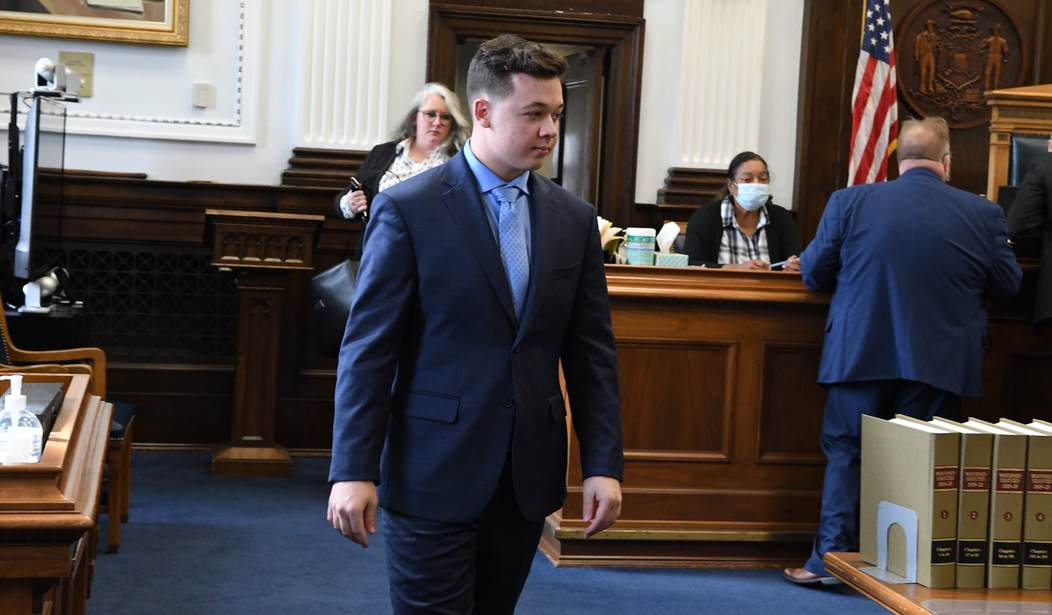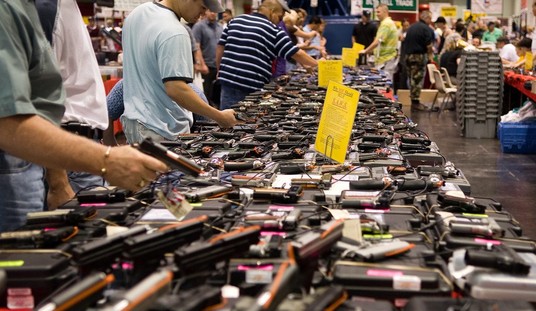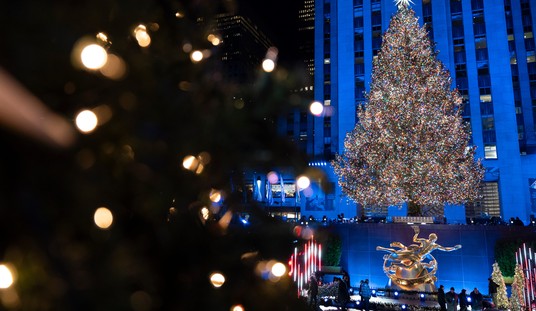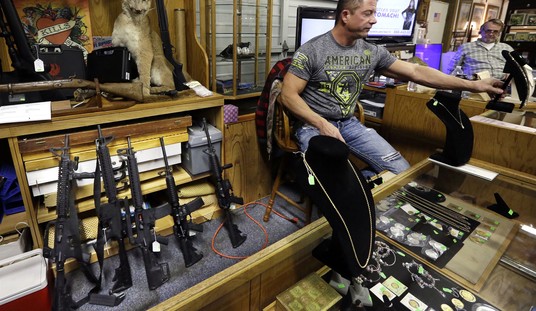As of this writing, the jury has spent three days deciding the fate of Kyle Rittenhouse. The Rittenhouse trial has the makings of a movie of the week, and I’m left wondering just what’s taking them so long. I mean, it was quite clear that he acted in self-defense. Even the prosecution’s witnesses confirmed that.
Regardless, though, it’s still ongoing and may still be when you read this.
The trial is about whether Kyle acted in self-defense. It’s not a referendum on gun control, gun rights, or anything else. It’s a criminal trial to determine whether or not the young man broke the law by firing the shots.
Yet some believe that while the judge ordered jurors to pay not attention to the politics surrounding the case, that’s not likely to happen.
Ultimately, politics is hard to avoid in cases like this, because the law asks a jury to decide what is a “reasonable” use of a gun, says Samuel Buell of Duke University. That is not something most Americans agree on. In the past decade or so, the “open carry” of weapons, particularly to sensitive events such as protests, has burgeoned, led by right-wing pro-gun activists. Generally it is legal. And yet in most states, pointing a gun at somebody also constitutes an assault. The rules on what is acceptable conduct and what is dangerous are deeply unclear. America finds itself “looking to specific high profile trials as a way of trying to settle contestable social issues that the political system has failed to grapple with”, says Mr Buell.Sadly, such trials seem sure to proliferate. Even as the jury weighed Mr Rittenhouse’s fate, lawyers in Georgia were busy fighting another case, of three white men accused of killing a black man, Ahmaud Arbery, in February last year. Like Mr Rittenhouse’s victims, Mr Arbery was also shot at close range during a physical struggle. As in Kenosha, it was filmed. And like Mr Rittenhouse, his killers also claimed that their guns could have been used against them. Whatever the verdict, no single court case will provide a good answer to the question of when shooting a person is acceptable. That is something more than 12 Americans at a time must answer.
Now, I’m not going to get into the Ahmaud Arbery case, but the Rittenhouse case is likely to have long-lasting ramifications on the gun debate moving forward.
In anti-gun states and even those that only sort of lean in that direction, I expect to see laws that will restrict the carrying of firearms at any large gathering. Yes, this will be about trying to keep rioters from being shot, but in their minds, those rioters were just good people. Others will think laws like this will protect the next Kyle Rittenhouse.
Regardless, the Rittenhouse trial will make an impact.
But it’s also possible that the impact could go the other direction. In states that don’t enact any such law, imagine if potential rioters recognize that law-abiding citizens can bring guns to keep businesses and people safe from their arson? Why, it might actually head off more than a few riots all on its own.
Or, it may not.
None of this could come to pass. The Rittenhouse trial may end up as little more than an answer to a Trivial Pursuit question. Nothing may come of it. That’s probably the best-case scenario in a lot of ways.
Unfortunately, with the outrage surrounding it, I think that’s unlikely.








Join the conversation as a VIP Member